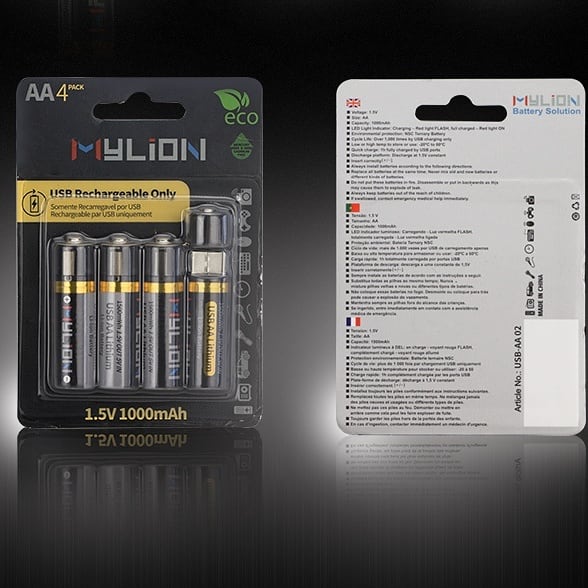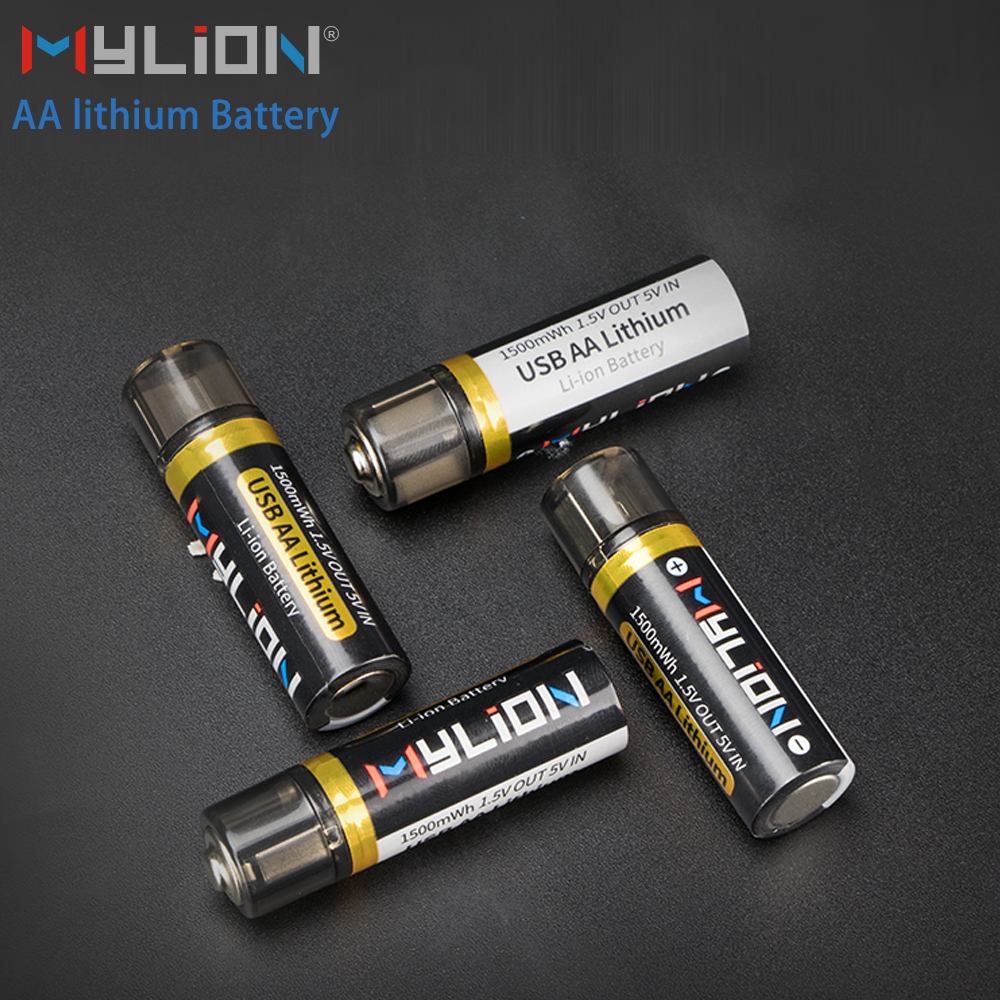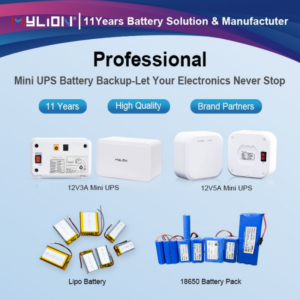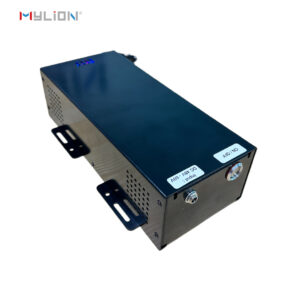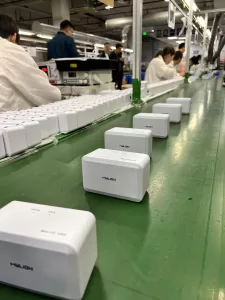How long can AA batteries last for?
There is no easy answer to the question of which AA batteries will last the longest. It’s more of a “how long is a piece”-type question. Practically, it will depend on many factors including:
The application you’re using the batteries for, and the environment/conditions you’re using them in.
It is the type of equipment they are installed in (e.g., high-drain or low-drain).The nominal voltage of the type of cell in question will typically be either.
1.5V is the standard nominal voltage of batteries of this size. AA 1.5V batteries, which are the most widely available and common versions of zinc-carbon and alkaline cells, are the most popular and widely available.
3v/3.6V are both fairly common nominal voltages for batteries designed for high-drain applications (lithium cell batteries are often sold as 3.6V AA batteries).
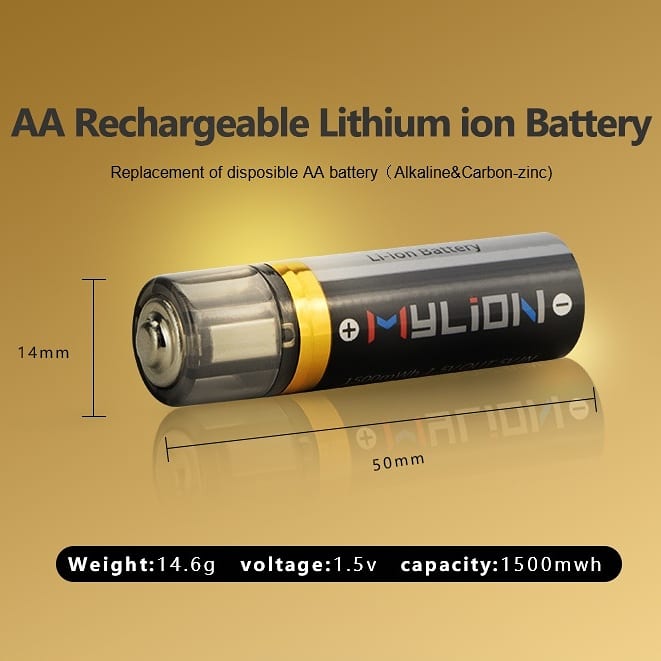
No matter what nominal voltage you choose for AA batteries, make sure that your device accepts units of this rating. Under powered cells can cause performance problems, while batteries that are too powerful can cause damage to circuitry and components.
What is the intensity of their workload and how long they are active. The manufacturing process and quality of the materials used by a brand are important.
It’s difficult to calculate and compare expected AA battery life time. Those are the main rules of thumb.
Standard alkaline AA batteries:
They won’t last for very long in high drain devices like digital cameras. They can’t produce their full power quickly enough to handle the demands of high quality electronics.
When over-taxed, or for prolonged periods of time, can leak.
They are better used in low drain devices that have fewer spikes in power draw.
They have a long shelf life and are the best-selling AA batteries in the short-term.
Much better than alkaline at coping with high-drain demands, and can last for years in the right sort of device.
They have a very long shelf life and don’t leak over time.
These are not usually available in rechargeable versions (see the comparison with the lithium-ion versions above).
Tend to be more costly than AA alkaline cell prices.
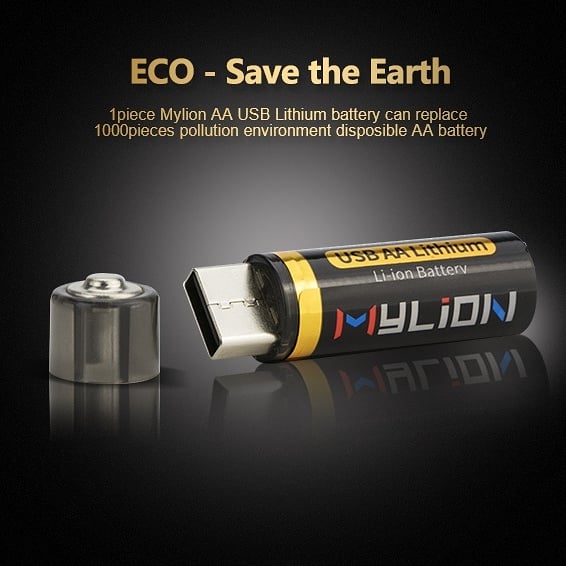
It is likely that this option is a better choice for devices that will be in heavy or regular use for long periods of time, particularly with higher-drain circuits.
They are more expensive in the short term, but they quickly become more affordable than single-use disposables (even budget alkaline disposables), if you plan to drain them frequently and quickly.
You should buy more than the required amount for each device so that you always have a spare set.
You will need a separate charger or a bundle to charge your device.
Can AA batteries explode?
In previous sections, we discussed the dangers associated with mistreating high-drain rechargeable,particularly lithium batteries. But what about regular disposable AAA batteries? They can explode or burst in dangerous ways. Although it is rare for AA batteries in daily use to explode, small explosions and ruptures are possible.
A standard AA alkaline alkaline battery can be inserted into a circuit to provide power. However, a chemical reaction takes place inside the cell which produces small amounts hydrogen gas. Many AA batteries made by quality brands will allow this to happen. This is because the gas is produced under pressure within a sealed metal chamber. If the product experiences malfunctions or is placed in an unsuitable environment, problems can occur.
In most cases an AA battery will only rupture violently if it’s inserted in the wrong direction, exposed to high operating or storage temperatures, mixed with other cells of the wrong type or very different capacities/charge levels, or if a user attempts to (re)charge a cell that isn’t designed to do so.
Even in these situations, however, there are still a few substandard or defective cells that can burst due not to obvious misuses. A common cause of alkaline AA battery rupture is to run a fresh cell with a heavily drain one. This can, in rare cases, reverse the polarity of the cell and can lead to problems.
Most AA batteries will experience an explosion that produces a loud pop sound and the ejection of corrosive substances. Although the heat and force of an explosion of alkaline, NiMH, or lithium AA batteries is not as strong as that of an explosive lion failure, it can still be dangerous to users. Users should investigate the cause of the explosion and contact the manufacturer or supplier when possible.
The best way to deal with an alkaline AA battery that has exploded, leaking or ruptured is to wash your skin immediately. After this is done, any remaining lye material should then be neutralized with a household acid like vinegar or lemon juice. However, only after you have removed as much material as you can with water. Otherwise, an exothermic chemical reactions could occur, which can generate more heat.
Wash your eyes thoroughly if any material comes into direct contact with them. Seek medical attention. After you have taken care of yourself, clean the contacts and components in the battery enclosure. Leaked material can cause irreparable damage to the devices if it is left unattended. For stubborn residue, you can use vinegar or lemon juice on a cotton bud.
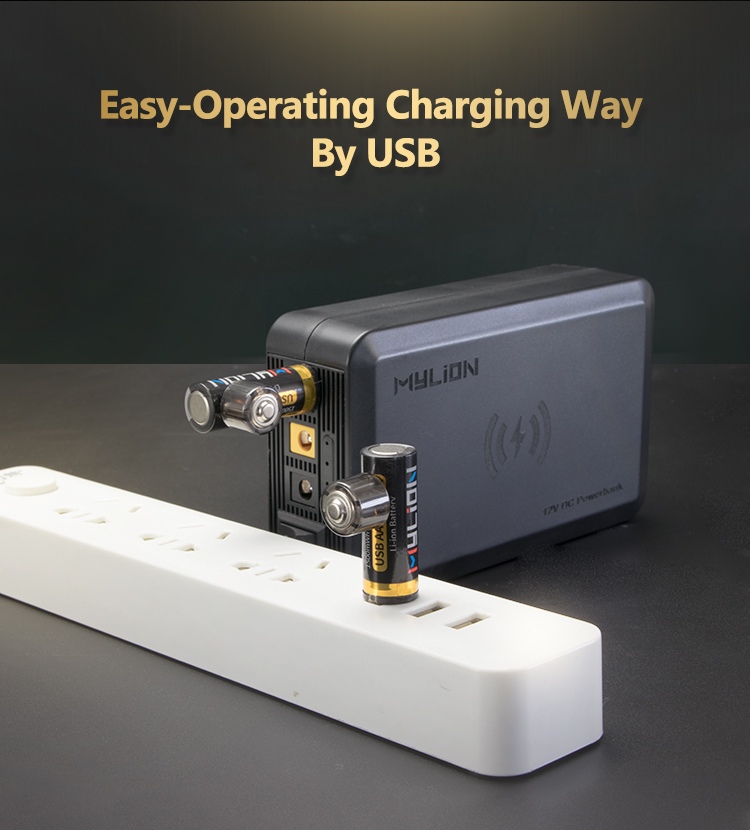
Are AA batteries permitted on planes?
Yes, you can take AA batteries on board planes. However, there are some best practices and caveats to be aware of.
Carry-on luggage is allowed to contain dry-cell batteries. These include alkaline, Lithium, and NiMH rechargeable AAA batteries.
All of the above, except spare lithium AA batteries which must be brought on board, are allowed to be checked in baggage
It is not recommended that you keep spare batteries in checked baggage. Although it may seem counter intuitive it can actually be safer to have them in your carry-on bag, where staff can access them in an emergency.
For the duration of flight travel, spare batteries should be kept in protective cases, plastic bags or taped to their contacts.
Bags containing metal objects such as coins or zips should not be packed with batteries. This can lead to dangerous short-circuiting and make them hotter.
Ask your airline for information about spare rechargeable Li-ion battery packs. These are usually allowed to be carried-on but can often be restricted in size.
How can you store AA batteries safely?
Many AA batteries have impressive shelf-lives today. This is particularly useful when you consider that you can often get significant discounts by buying bulk or larger multi packs. Proper storage and care are key to maximizing the shelf life of most AA batteries.
When storing AA batteries for the long-term, here are some tips:
Keep them out reach of children
Make sure they are stored at room temperature (or below).
When possible, store them in the original packaging until you are ready to use them. This not only protects the cells but also helps to distinguish them from older, partially drained units.
If you won’t be using your device for a while, don’t keep batteries in it.
Keep a mix of partially-used and brand new batteries separate and clearly labeled.
You can prevent them from short-circuiting by avoiding direct contact with other metal objects. Use a plastic storage box, individual plastic bags or tape to cover the terminals
If you plan on keeping them for a long period of time, make sure to test and top up rechargeable AA batteries. They can quickly become very low in capacity if left unattended.
Batteries of any type should never be disassembled, punctured, crushed, or burned.
Rechargeable batteries should never be kept in a charger and shouldn’t be charged.
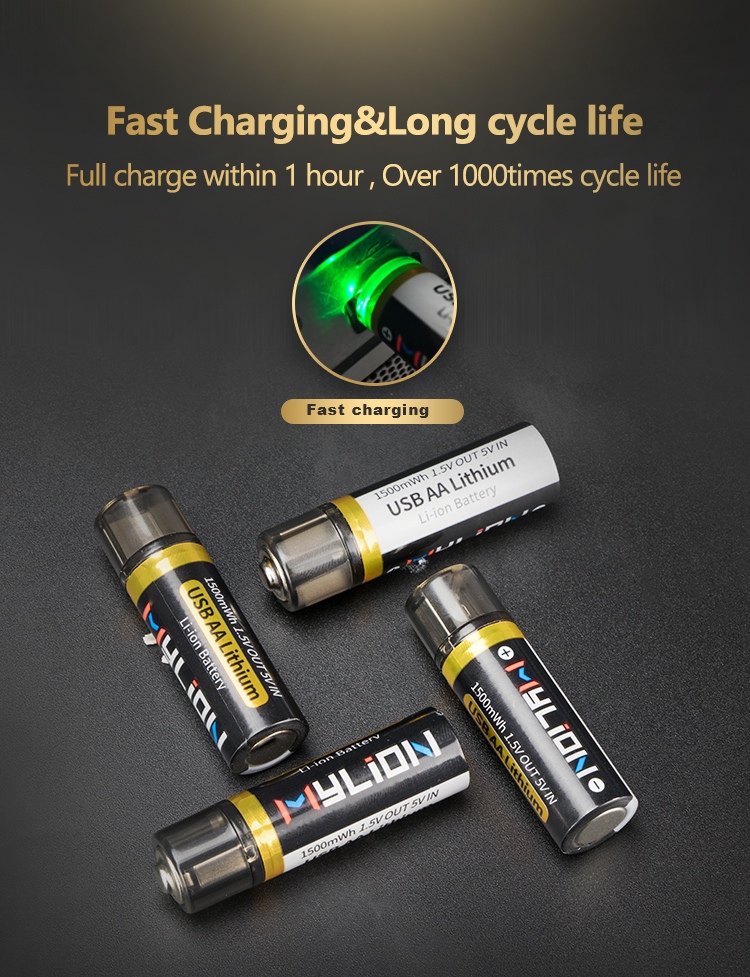
What causes AA batteries to leak?
Leakage or corrosion of batteries is quite common, particularly with alkaline AAA cells. Alkaline batteries leak because they constantly self-discharge in small increments even when they aren’t in use.
Alkaline batteries discharge small amounts of hydrogen gas. As a result, pressure builds up within the sealed cell. Over time, a small amount will be ejected from the cell. This material is often corrosive so it should be removed immediately from the skin. Then, clean away any electrical components as soon afterward.
It is important to replace old batteries regularly to prevent leakage. Also, make sure to review the best battery storage practices described in the section above. If you are only using a device for a short time, it is advisable to switch to rechargeable or lithium cells for long-term storage.
Are AA batteries recyclable
As a quick point of note here, it’s actually a popular misconception that all batteries necessarily need to be recycled. While most do recycle, it is not mandatory for all types of batteries.
Although most rechargeable batteries must be sent to recycling, single-use alkaline battery can be thrown out with other household waste. If you insist on disposing of rechargeable batteries, ensure that they are not likely to short-circuit any other metal items like cans or foil.
But just because you can’t, doesn’t mean that you should. In fact, almost all AA batteries, including basic alkaline disposables, contain significant amounts of materials that, whenever possible, should be recycled for long-term environmental benefit.
They are not suitable for recycling in household collection bins. It is easiest to recycle any type AA battery by returning it to the place of purchase when you next need it. Nearly every retailer that sells them AA batteries will have a drop-off point for old batteries. If this fails, you can drop off your old AA batteries at the nearest depot or in other locations within the local collection network.
Why chose our 1.5V AA rechargeable battery?
- Our AA battery is 1.5V standard voltage, 1000mAh (1500mwh), standard capacity and voltage, very safe
- Dry batteries must be thrown away after one use, but our AA batteries can be recharged more than 1000 times
- You can directly use the USB interface to charge, no extra data cable and charger are needed.
- The size of AA battery is suitable for various scenes such as mouse, child toy, remote control, alarm clock, radio, etc. Everyone needs to use it in daily life and work.
